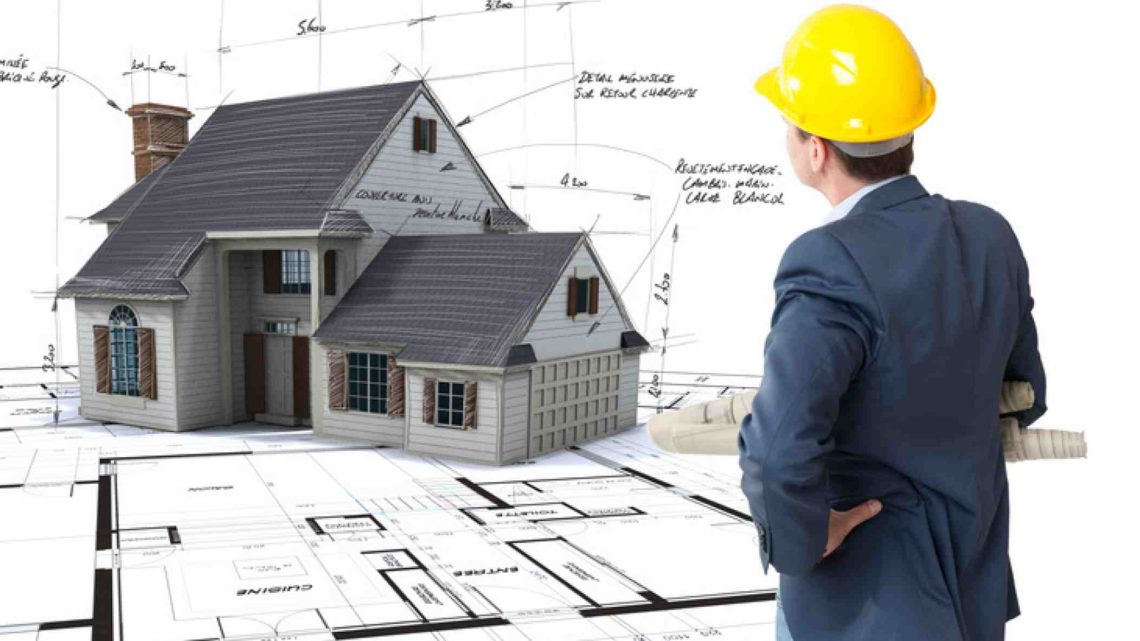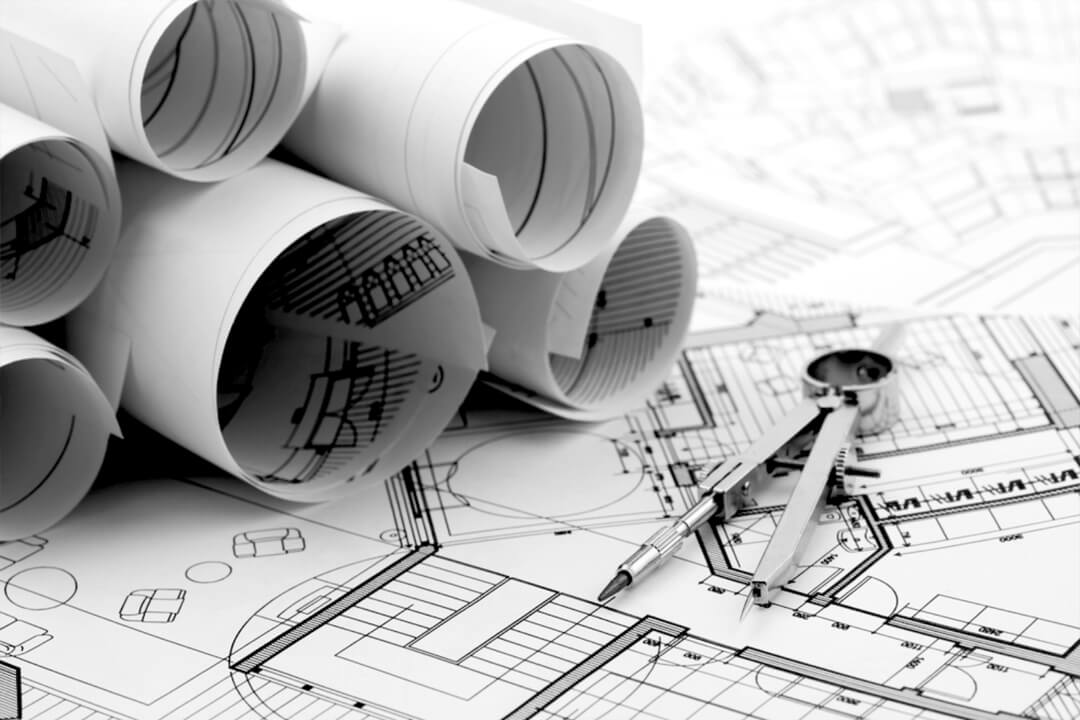Do you think that you are safe when you omit a structural engineer’s services when doing extensions? Seeking permission from relevant authorities before constructing will save your skin in more ways than one. Furthermore, it is best if you involve the right personnel in handling the task. For sure, you will hate the outcome if you consider these factors lightly.
There are numerous instances when the help of a structural engineer comes in handy. For example, you may want to upgrade the look of your house. That may include building upwards or sideways, deck constructions, and so forth. However, do some research before choosing a structural engineer.
You don’t want to hire someone that’s fixated on money, yet they don’t work well. Quality engineering services from trusted structural engineers will see you save your money on projects.
This article gives you a detailed look at what you will benefit from a structural engineer when building extensions.
Roles of A Structural Engineer
There are so many considerations when doing home extensions. If you are careless, you may overlook a vital detail. However, if you have a structural engineer to check your house, you’ll likely cover all the areas.
a) Looking for Defects
Structural engineers consider your home’s sturdiness and if it can support extensions. They find out features in your building that could render the extension not feasible. Such include cracks on the walls.
After studying them, they will give you a way to handle them before construction starts. They do so by determining the best materials to use to solve the problems. It would be best if you adequately addressed existing defects for the success of new extensions.
The quality of the original construction also matters. A poorly constructed building may require a lot of work to make it perfect for extensions. Notably, some buildings have no foundations. So, it is not ideal for building up if so.

b) Considering the Load Bearing Capacity
What is the load-bearing capacity of your house? The higher it is, the more comfortable and safe it is to conduct further construction. Structural engineers study your walls. Consequently, they find out if the load-bearing walls can support the extension.
They begin by looking at the architectural drawing. Then, the engineer will calculate if your house can support the additional weight. The same is essential, especially if you are adding a floor. The engineer will then deliver a report on how to improve the bearing capacity if it is low.
c) Considering the Drainage System
What’s more, they find out if your house has a sound drainage system. In many instances, old homes tend to have an inadequate water supply. Thus, replacing the system or upgrading it is necessary.
Imagine adding a pretty extra bedroom but have to go to the next room for showers! That is pretty tiresome and alarming.
d) Determining the Power Source and Mechanical Systems
The kind of power you use in your home matters. Are you using electricity? If so, is the current connection able to supply your entire house inclusive of the extension? You need to know if the power source can support new appliances such as other showerheads.
Structural engineers will look at your heating system. Old systems may have minor leakages. You may need to extend the heating equipment to cover the extension too. However, with the additional equipment and system repressuring, leakage may increase.
e) Finding Out the Geological Characteristics
What type of soil is predominant in the area? Is the place rocky, or does it consist of fine-grained soils? Depending on the soil characteristics, the structural engineer will give proper guidance.
The type of soil determines the bearing capacity of the area. Unstable soils will not support high story buildings. Such buildings tend to subside with time.
f) Determining the Impact of the Extension
Extensions involve creating new structures to increase living or workspace. A successful home extension can significantly improve a property. For instance, a new house extension is suitable for growing families. But there are risks to resolve in the process of adding an extension. And this is what a structural engineer can assess and explain in easy-to-understand terms.
The engineer will ensure that the home extension’s structural design is safe and functional. They will evaluate the existing structure, the drainage flow, and the foundation’s presence and integrity.
Maybe you want to add the horizontal size of your building. In this instance, you will have to increase the size of your foundation as well. Structural engineers find out what impact the extension has on the existing foundation. The existing foundation may not be strong enough, or the drainage systems may be inadequate. These areas need careful assessment and intervention before an extension can commence.
Structural engineers also answer crucial questions of property owners. Will the excavation procedure cause neighboring structures to fall? Will the process weaken the current foundation? They will also determine what is the best method to conduct such a venture.

g) Help to Solve Defects in the Actual Construction
A study of these issues is not enough. Everything might seem perfect with the architectural drawings. Still, defects may arise during actual construction. What are the types of materials used for the extension? Structural engineers will determine the appropriate equipment while putting cost and functionality into consideration.
Structural engineers use cutting-edge software to analyze the structure and identify and resolve defects due to shoddy workmanship, inferior building materials, or design flaws. The defect itself must be corrected, not just its manifestations, for effective defect management.
A structural engineering software program also calculates the maximum load for structures and the ideal spacing for joists, beams, and stud walls, automatically completing the structural design’s engineering aspect. This tool saves considerable time and effort, allowing the engineer to focus on other important aspects of the project.
The level of skill of your workers matters too. As much as you may want to employ many unskilled laborers, always be cautious of quality. Always ensure that you have trained personnel to supervise the work going on.
h) Inform You on Current Regulations
You may think that these sum up what you need before doing your extensions. On the contrary, you still need to have an awareness of the current policies. What are the building and health regulations to put in mind? Since you’ll have access to quality engineering services, you’ll stay informed.
You must comply with the current restrictions. Some areas do not permit buildings of a certain height or design. For example, a site may require you to use tiled roofing material on all your constructions. Hence, if you place iron sheets, your extension is subject to demolition.
i) Ensuring User Comfort
Even after careful consideration and construction, you may end up with some complications. For example, the extension may result in lower light in the building. Undoubtedly, you wouldn’t want to have lights on at midday. The added costs to your electricity bill are unacceptable.
A structural engineer will assist you in placing your windows strategically. Moreover, they will assess the ideal window sizes to use on the extension for ample lighting.
The Verdict
Indeed, structural engineers offer invaluable engineering services when doing extensions. When conducting a significant change to your buildings, ensure you have architectural drawings. After this, let a structural engineer go over the plans.
The structural engineer will conduct calculations to determine whether the project is doable. If not, they will make the necessary corrections to the plans. Finally, they will guide on the materials to use and regulations to follow.






